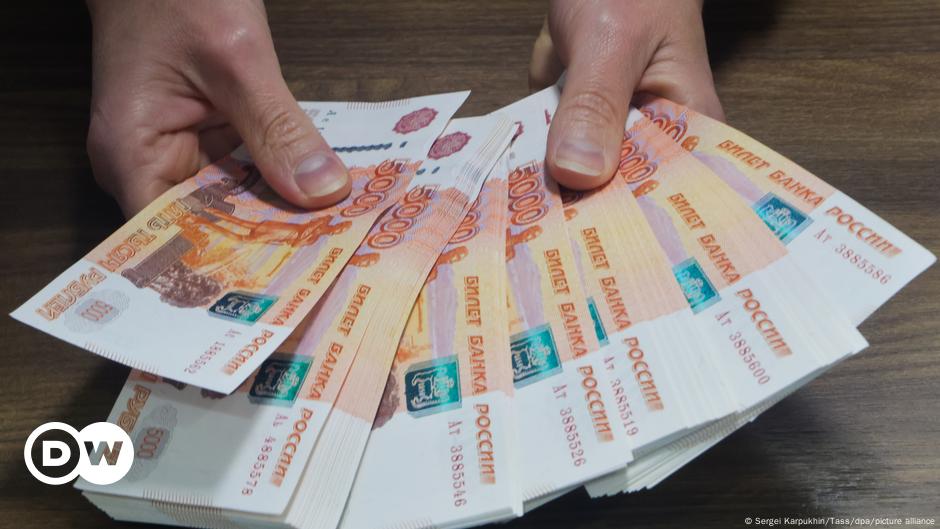Summary
Russia’s ruble has plunged to its lowest level since March 2022 following new U.S. sanctions on Gazprombank, a key platform for energy payments.
The ruble’s slide, driven by sanctions, falling oil prices, and soaring defense spending, has intensified inflation and strained the war economy.
While the Kremlin benefits from a weaker ruble by converting foreign revenues into more domestic currency, experts warn of overheating risks and financial instability.
The Russian central bank is scrambling for solutions, but long-term economic pressures and declining oil revenues pose significant challenges.



No, just most. War is the continuation of politics by different means, and political desires are quite often, but definitely not always, economical. Rome razed Carthage because of the economics of empires in the Mediterranean, yes, but Charlemagne didn’t genocide Old Saxony for its economic output, but religious fervour and autocratic arrogance (the whole one god one pope one king thing).
I think what they meant was that all wars need to be supported by the economy.
It’s not enough to have soldiers, you also have to supply and feed them.
Beyond that, it’s hard to get people who are comfortable in their lives to get up and go to war. If the nation is stable internally, if the people aren’t desperate and angry, if they don’t feel like they should have more - you know, for themselves - it’s hard to get a motivated, aggressive military staffed and ready to attack their neighbors.
But also yes, an army marches on its stomach. Every major offensive beyond a nation’s borders ends when the supply chain falters.
No it’s an actual theory that posits all the other reasons are merely justifications for economic reasons.
It falls apart pretty badly if you look at World War 1. But there’s also been a ton of wars that fit the theory, which is why it exists.
yeah russia is actually experimenting with this part lol. and innovations like golfcarts and e-scooters on the battlefield.